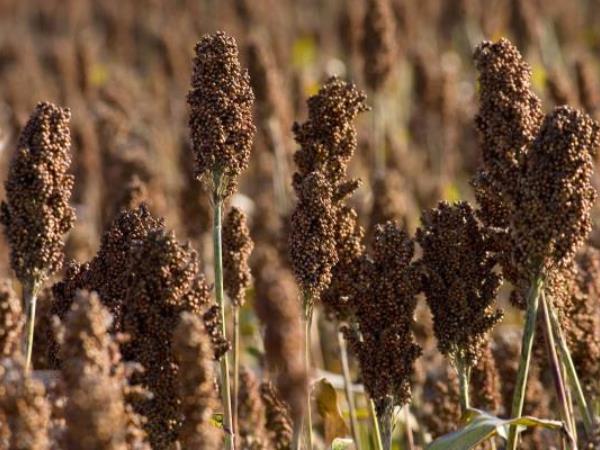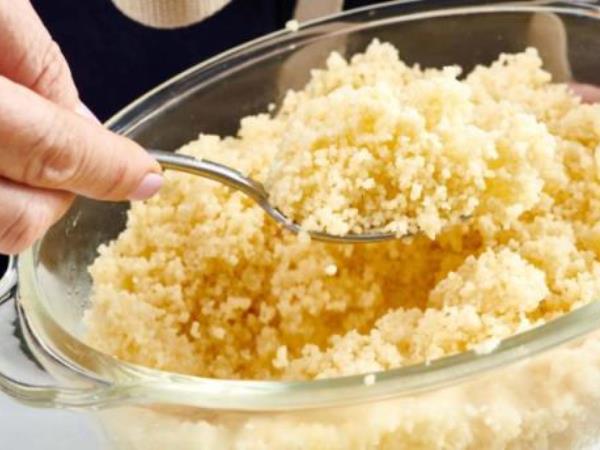- Fiber for better bowel function
Like other grains, millet is rich in dietary fiber, which helps prevent constipation and improves bowel function. One cup (about 170 grams) of cooked millet contains around 2.3 grams of fiber, which is about 10% of the recommended daily intake.
- Prebiotic properties
Millet contains prebiotics, substances that promote the growth of beneficial bacteria in the intestines. A healthy gut microbiota is associated with better digestion, a stronger immune system, and even better mood.
- Gluten-free, suitable for people with celiac disease
Celiac disease is an autoimmune disorder in which the body does not tolerate gluten. Millet is naturally gluten-free, making it a safe choice for people with this disease or those who are gluten-sensitive.
- Rich in antioxidants
Millet contains phenolic acids, flavonoids, and tannins that act as antioxidants. They help reduce oxidative stress in the body and thus prevent chronic diseases such as cardiovascular diseases and type 2 diabetes.
- Low glycemic index – helps regulate blood sugar
Millet has a low glycemic index (GI), which means it does not cause rapid spikes in blood sugar. This is especially beneficial for people with diabetes or those who want to prevent energy fluctuations throughout the day.
How to prepare delicious millet porridge?
Millet porridge is an excellent breakfast that will give you energy for the whole day. Below is a simple recipe for two people.
Ingredients:
- 100 g millet
- 300 ml water
- 15 g butter
- 1/4 teaspoon salt
- Optional: blueberries, raspberries, apples, bananas, honey, cinnamon
- Toast the millet in a dry pan for about 5 minutes over medium heat until it smells slightly nutty.
- Then add 300 ml of water and let it boil.
- Add butter and salt, and reduce the heat.
- Cover the pot and simmer over low heat for about 20 minutes.
- If there is still water after cooking, let it sit for 10 minutes to absorb.
- Optionally, add fruit, honey, or cinnamon for a better taste.
Additionally, let's highlight some points mentioned in various studies worldwide. A study from 2021 published in the journal Frontiers in Nutrition showed that regular consumption of millet can reduce the risk of diabetes by 30%.
A Chinese study from 2018 found that people who regularly consume millet have lower levels of bad cholesterol (LDL) and better heart health.
A review of 19 studies published in the Journal of Cereal Science confirmed that millet improves bowel function and promotes the growth of beneficial bacteria.
Millet is an ancient grain that deserves a place in our modern diet. Due to its nutritional value, prebiotic properties, and digestive tract friendliness, it is an excellent addition to a balanced diet. Try preparing it as porridge, as an addition to soups, or even as a base for healthy desserts. Your body will thank you...










 Would you like to be informed about news on the website?
Would you like to be informed about news on the website?

